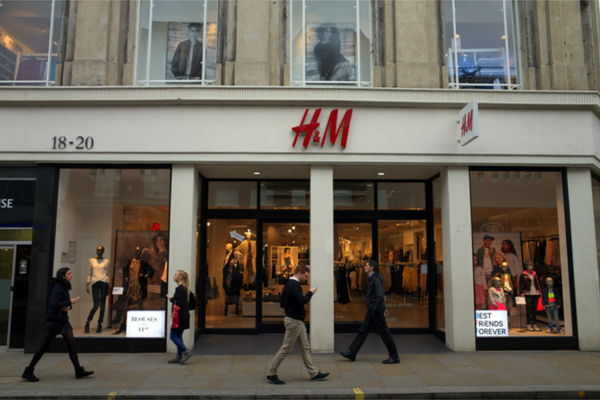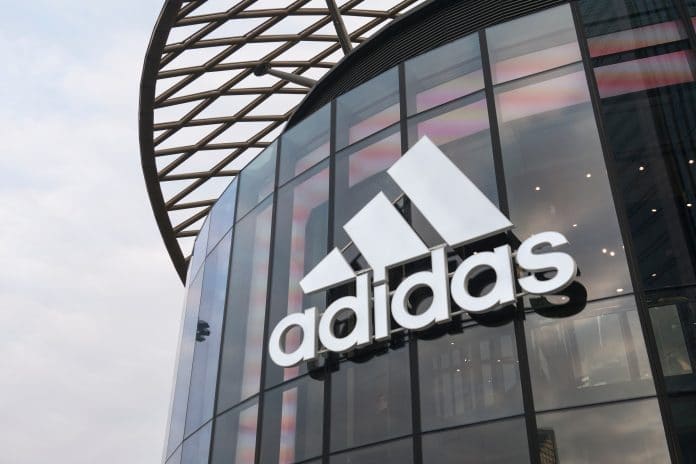A new study has targeted H&M for not doing enough to prevent the discrimination of Syrian migrants and refugees working in their supply chains in Turkey.
The Invisible Workers – Syrian Refugees in Turkish Garment Factories report, by non-profit organisations Fair Action and Future in Our Hands, also takes aim at other Nordic fashion brands Lindex, KappAhl, Gina Tricot and Varner.
As the world’s third-largest supplier of clothing – after China and Bangladesh – Turkey is also the third biggest non-European exporter of clothing to Sweden and Norway.
It is also an important sourcing location for many fashion retailers, including H&M.
Although Syrians can legally work in Turkey, data indicates only 7000 of the estimated 400,000 Syrians who work there have been able to obtain working permits.
This means most Syrian workers are undocumented, making them prone to working long hours in Turkey‘s garment factories, coupled with unsafe conditions and wages far below the minimum wage.
READ MORE: H&M Christmas trading fails to meet expectations
Adding to this is how the Syrians are less likely to complain about their low wages and poor working conditions out of fear of losing their only source of income, and because of a lack of access to employment contacts and social security.
The study found a few Syrian refugees working in the Turkish suppliers‘ factories of the retailers mentioned, including H&M – the world‘s second-largest fashion retail company.
The fashion brands often liaise with a third-party organisation to conduct audits at their supplier‘s factories, which could lead to a conflict of interest.
According to the study, the five retailers‘ current monitoring processes do not offer an accurate estimate of the exact number of Syrian refugees working in their supply chain in Turkey.
“The brands need to assess their entire supply chain to identify which parts should be prioritised for preventing abuse of Syrian refugees,” said Maria Sjödin, author of the report at Fair Action.
H&M and Varner have taken initiatives to address the issue and Lindex has begun to do so, but according to Future in Our Hands, Gina Tricot and KappAhl have not and they’re encouraged to do so immediately.
Click here to sign up to Retail Gazette’s free daily email newsletter


















